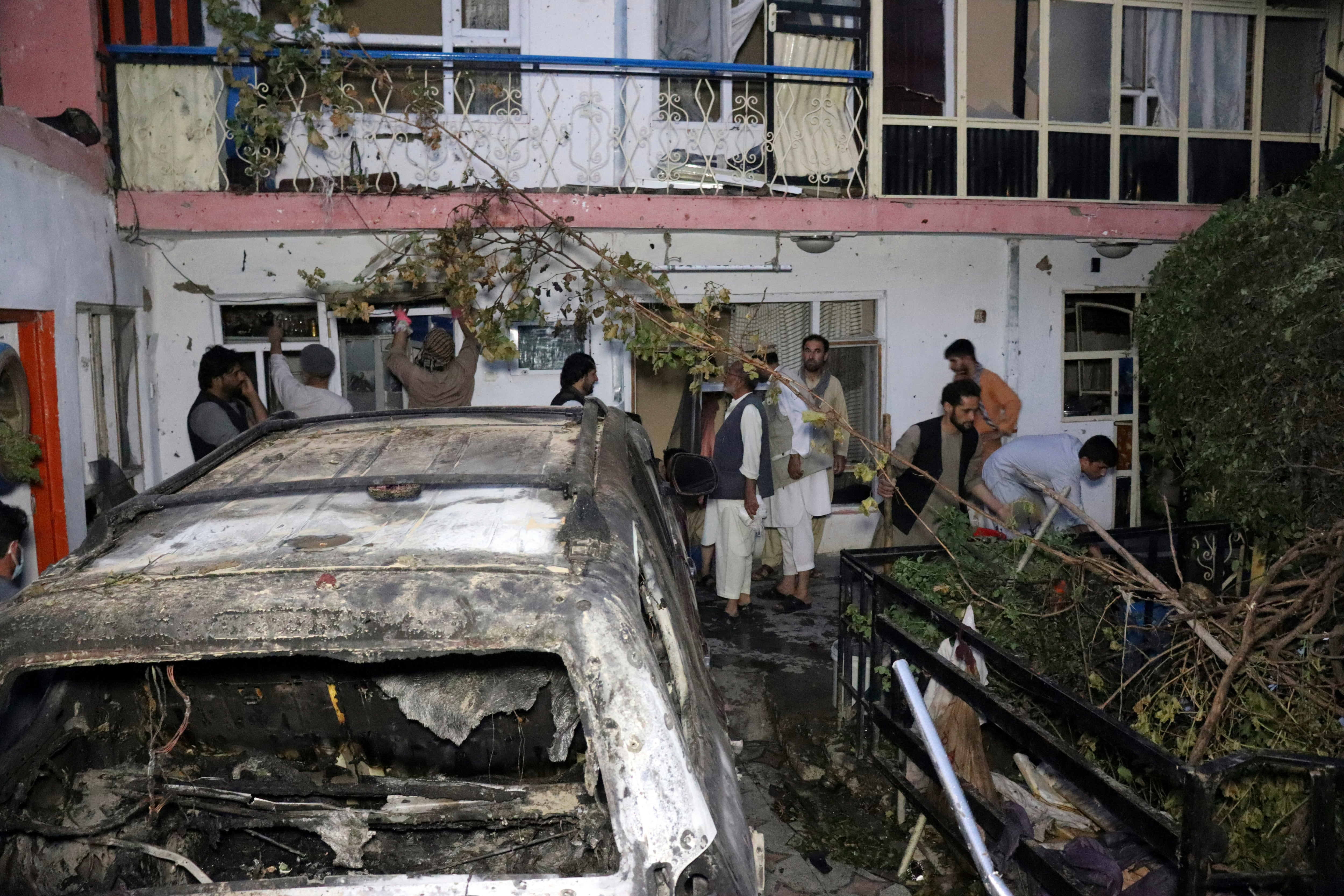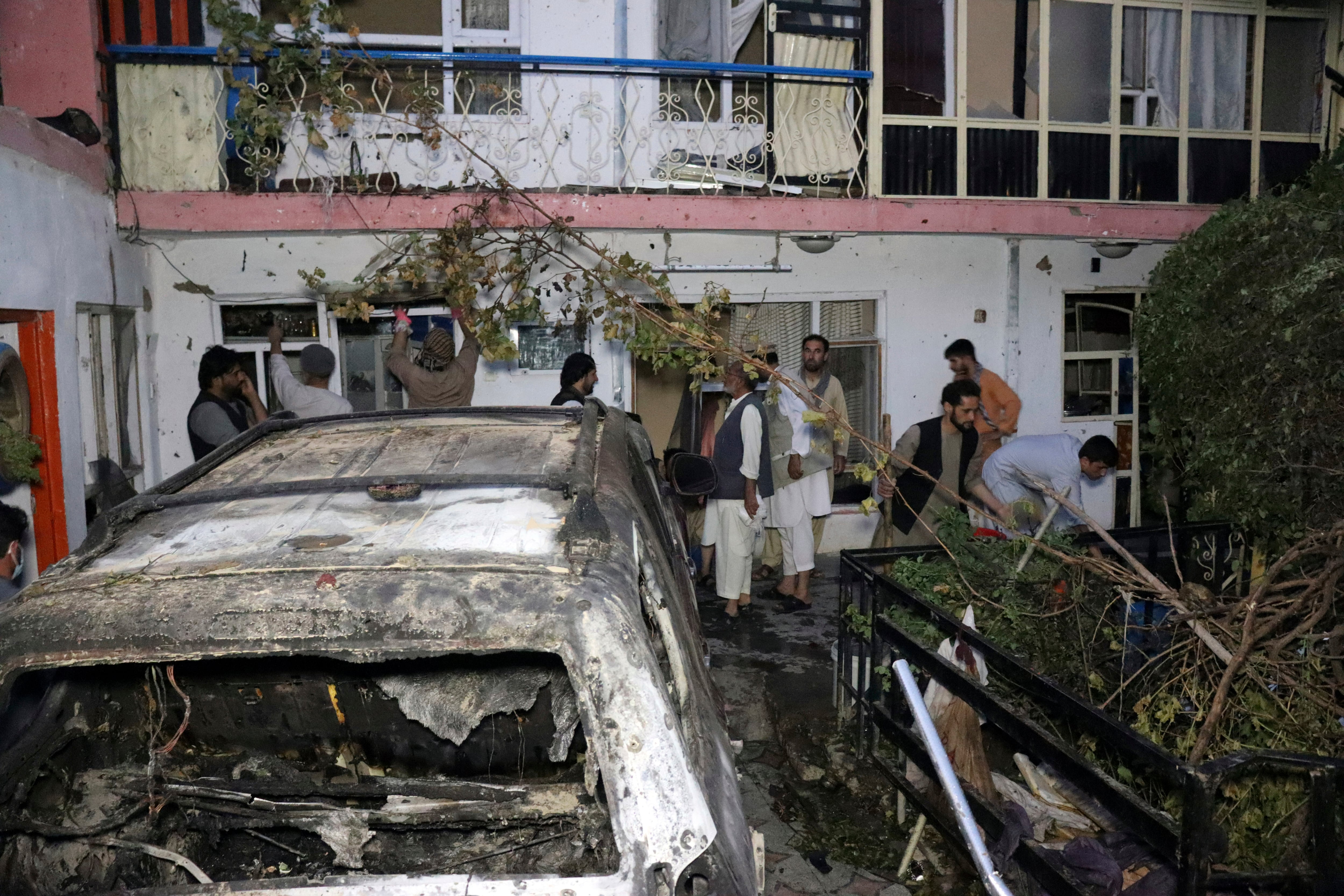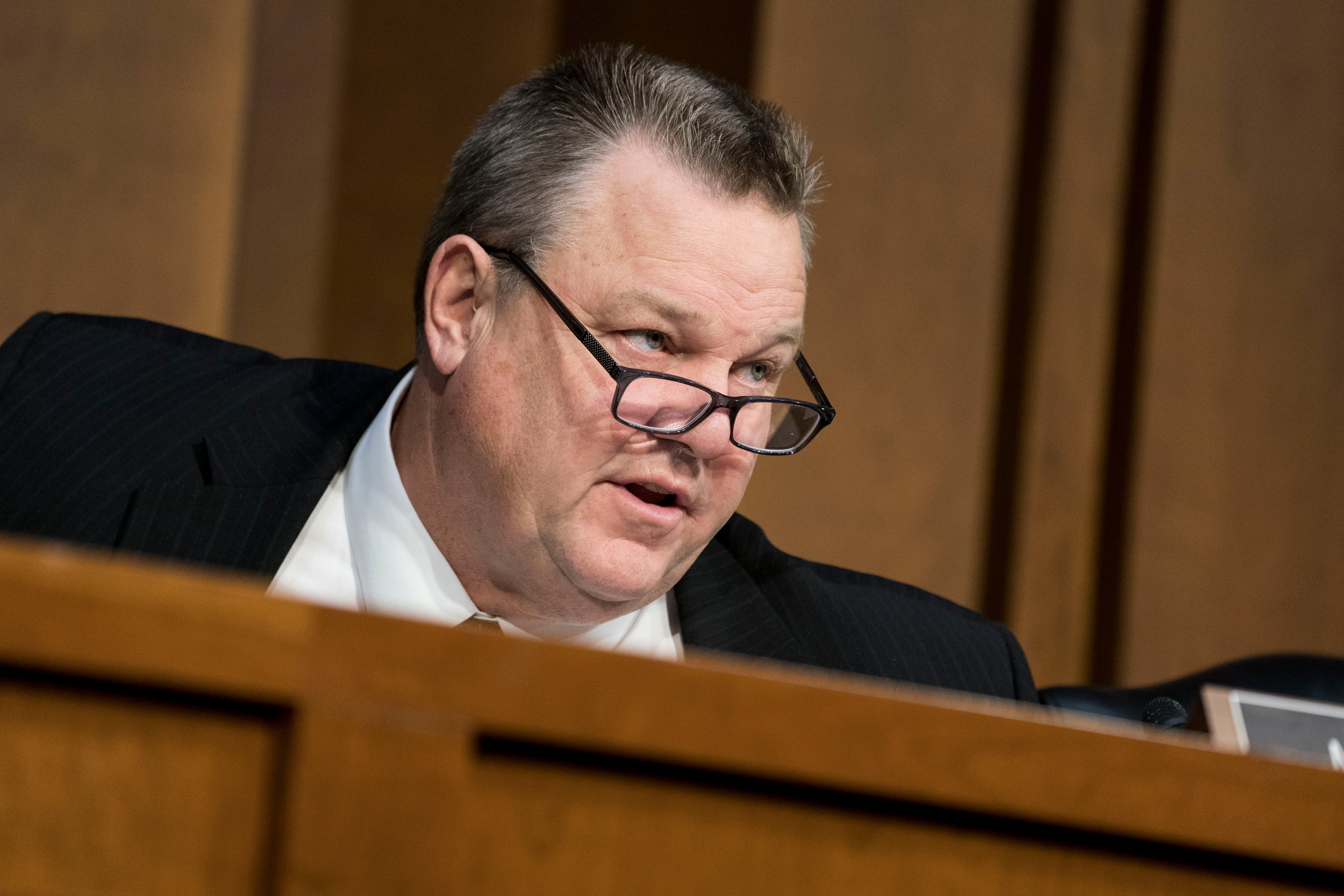Following revelations of two high-profile U.S. strikes that inadvertently targeted civilians, the Pentagon is creating a far-reaching organization with an oversight committee to address how to not only better plan air strikes, but how to respond when civilians become collateral damage.
Over the next few years, the Civilian Protection Center of Excellence will stand up as part of what the Defense Department has dubbed its Civilian Harm Mitigation and Response Action Plan. It’s the first effort to standardize civilian harm mitigation techniques and collect data for lessons learned across the military services and combatant commands.
“Hard-earned tactical and operational successes may ultimately end in strategic failure if care is not taken to protect the civilian environment as much as the situation allows—including the civilian population and the personnel, organizations, resources, infrastructure, essential services, and systems on which civilian life depends,” the report reads.
The new center of excellence comes after two reviews conducted in late 2021 found that U.S. Central Command, specifically, carried out strikes lacking good ground intelligence that might have prevented civilians from being killed, but that the entire department was lacking solid policies on civilian harm mitigation.
“And the action plan, we think, improves our ability to understand the causes of civilian harm, and continually improve our approach to civilian harm mitigation and response ― again, in a systemic fashion, and you will see in the plan considerable effort to build in not only new institutions, but also resource those institutions,” a senior defense official told reporters Thursday.
RELATED

An estimated 150 or so personnel will be needed to man the organization to start, the official said, though DoD is still working through whether they should be uniformed or civilian and what their ranks should be.
The committee overseeing the center of excellence will be chaired by the Pentagon’s policy and financial chiefs, along with the vice chairman of the Joint Chiefs of Staff.
Some of the funding can come from existing DoD accounts, the official said, though they are working with lawmakers to secure what they imagine will be in the tens of millions of dollars to operate annually.
Once things are off the ground, the goal is to standardize practices across the department, starting with the mistaken targeting that has plagued so many strikes.
“A robust understanding of the civilian environment — including the civilian population and the personnel, organizations, resources, infrastructure, essential services, and systems on which civilian life depends — can improve the commander’s ability to distinguish nonadversarial aspects of the operational environment and to provide guidance to the forces under his or her command,” the Civilian Harm Mitigation and Response Action Plan reads.
And on the back end, the center of excellence will maintain a central hub of strike data that can be called upon for lessons learned, as well as policies for compensating victims, whether that’s through payments or, in some cases, relocation.
“DoD responses to civilian harm can vary across conflicts and theaters, and often more can be done to acknowledge and respond to harm to civilians affected by U.S. military operations,” the action plan reads. “As the Department takes steps to improve its ability to mitigate civilian harm, DoD will also improve its ability to consistently and appropriately acknowledge and respond to civilian harm when it occurs and to treat those who are harmed with dignity and respect.”
The center of excellence expects to be staffed and have policies in place over the next year, building out training and execution of strategies toward full operation in fiscal year 2025.
Meghann Myers is the Pentagon bureau chief at Military Times. She covers operations, policy, personnel, leadership and other issues affecting service members.





